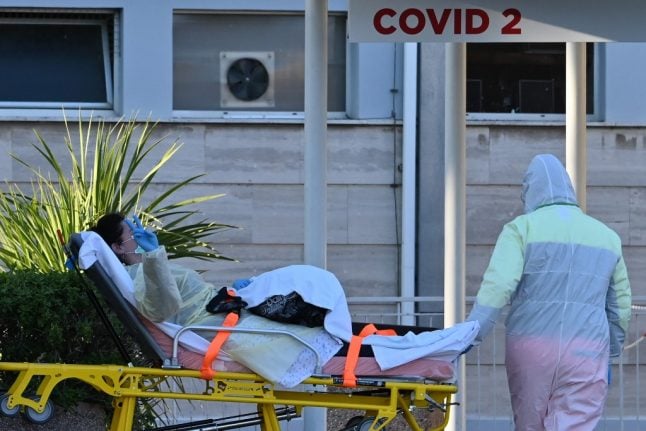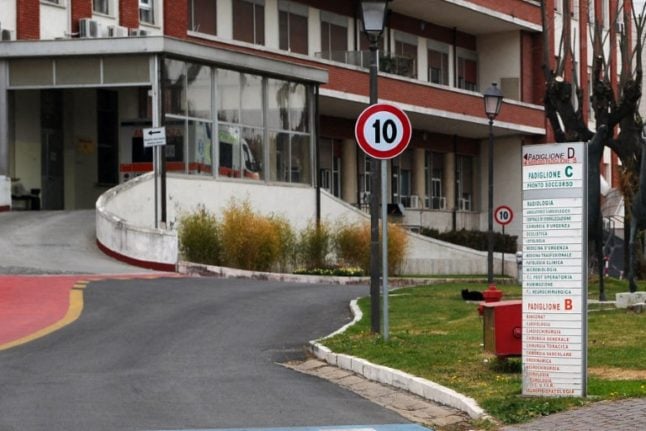The number of official COVID-19 fatalities has more than doubled since Thursday, when Italy's toll topped 1,000 for the first time, according to the latest figures from Italy's civil protection service.
It has reported more than 700 deaths in two days, including a record 368 in a single day on Sunday.
Italy has now confirmed 27,980 infections since the outbreak began, compared to 15,113 four days ago.
Of those 2,749 people have recovered, another 414 in the past 24 hours.
READ ALSO: Your key questions answered about Italy's coronavirus quarantine rules
That leaves Italy with 23,073 active cases of the new virus.
Italian health experts have predicted that the numbers will continue to rise in the coming days, with nationwide quarantine measures implemented on Wednesday expected to show results in around two weeks.
More than 12,800 people are currently being treated in hospital, including 1,851 in intensive care. Another 10,197 people are in self-isolation at home.
The overwhelming majority of the fatalities remained largely confined to northern regions, where the virus first started spreading around cities such as Milan.
The Italian financial capital's Lombardy region has recorded 1,420 deaths since the outbreak began, 66 percent of Italy's total — about the same share it has had throughout the crisis.

Empty streets in Turin. Photo: Marco Bertorello/AFP
But the neighbouring Piedmont region around Turin has seen its number of deaths and infections nearly double in two days.
Piedmont reported 111 deaths and 1,516 infections on Monday, compared to 59 deaths and 873 infections on Saturday.
The Lazio region around Rome has recoded 19 deaths and 523 infections.
READ ALSO: What do we know about those who have died from coronavirus in Italy?
Nineteen of Italy's 20 regions have now reported at least one death from the new coronavirus, with the exception of Basilicata in the south.
Ten regions have seen fewer than ten deaths, and only three – Piedmont, Emilia Romagna and Lombardy – have had more than 100.
Nearly 138,000 people have been tested for the virus across Italy, with around 20 percent coming back positive.



 Please whitelist us to continue reading.
Please whitelist us to continue reading.
Member comments